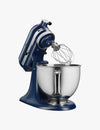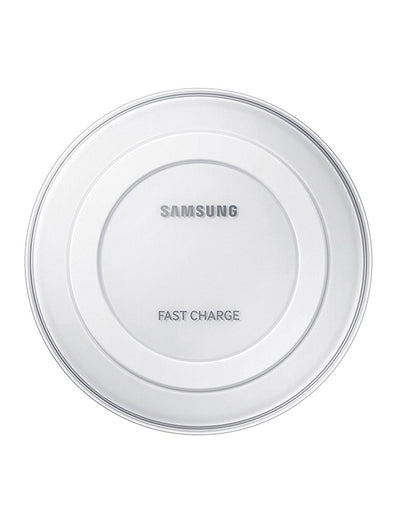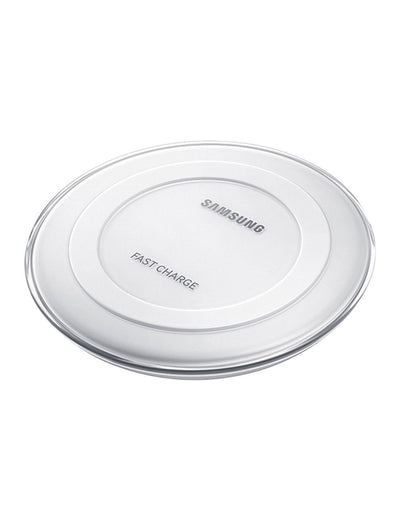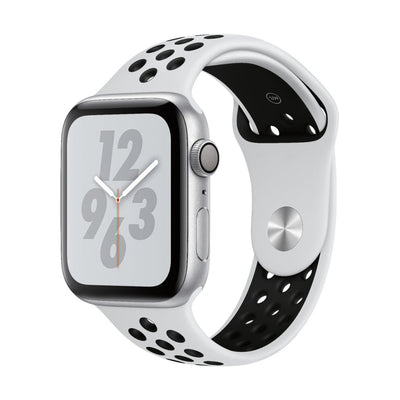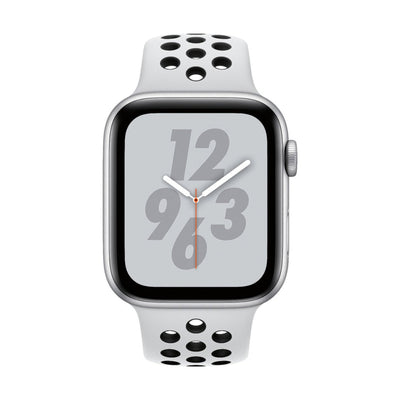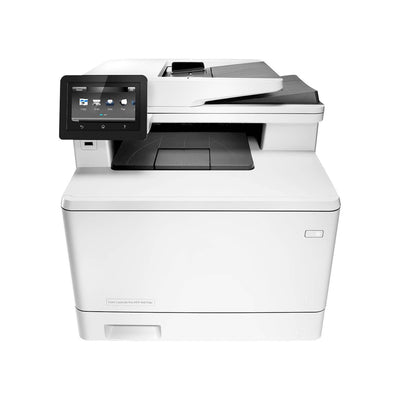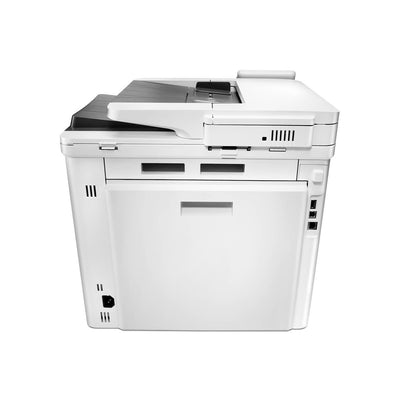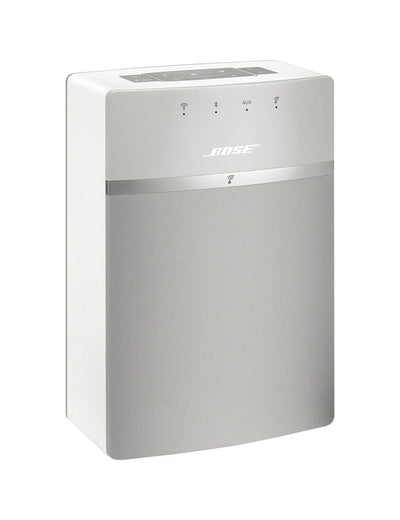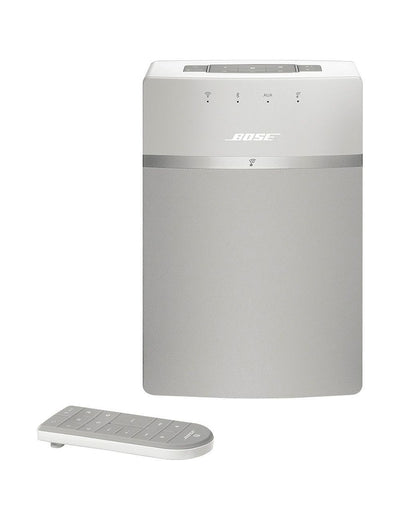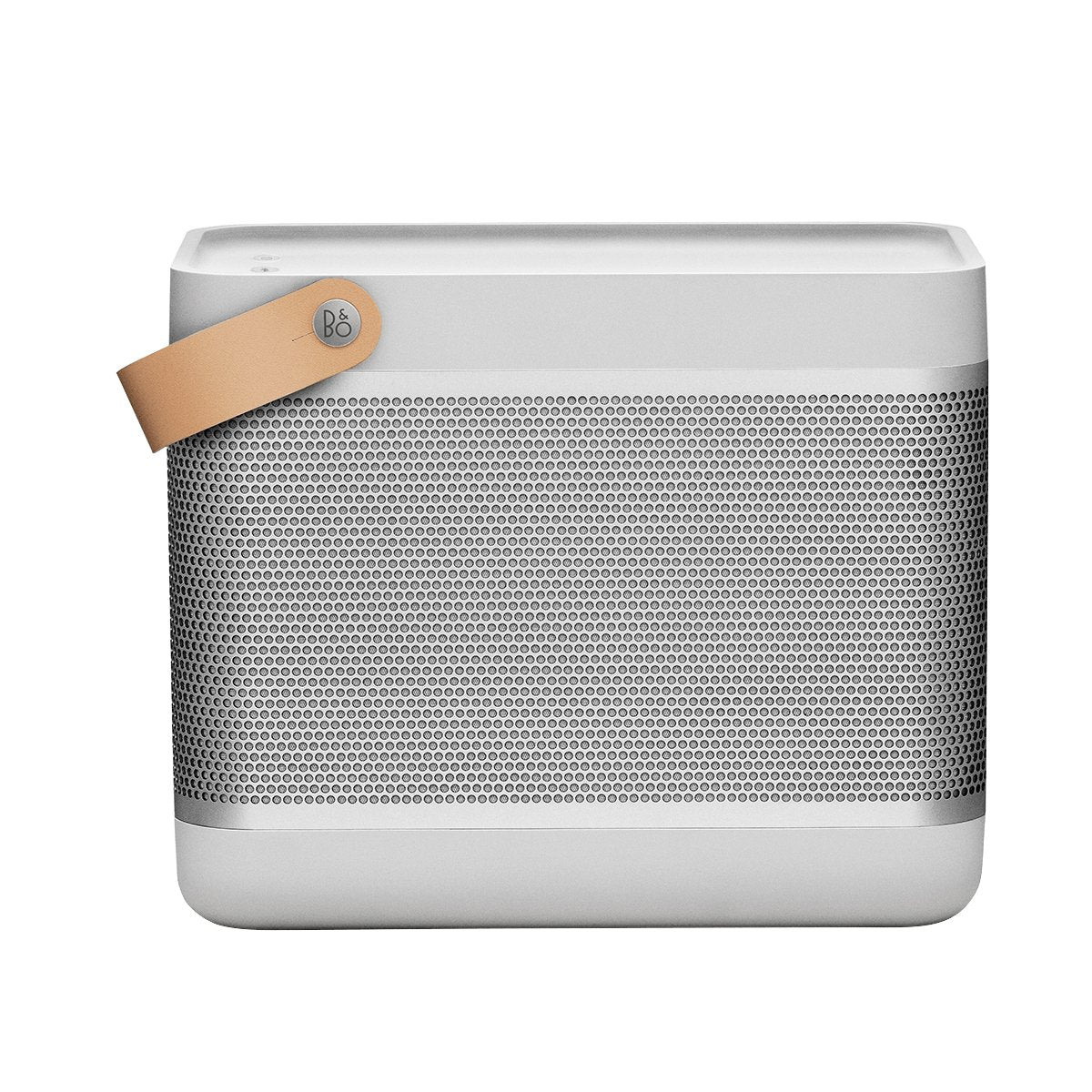
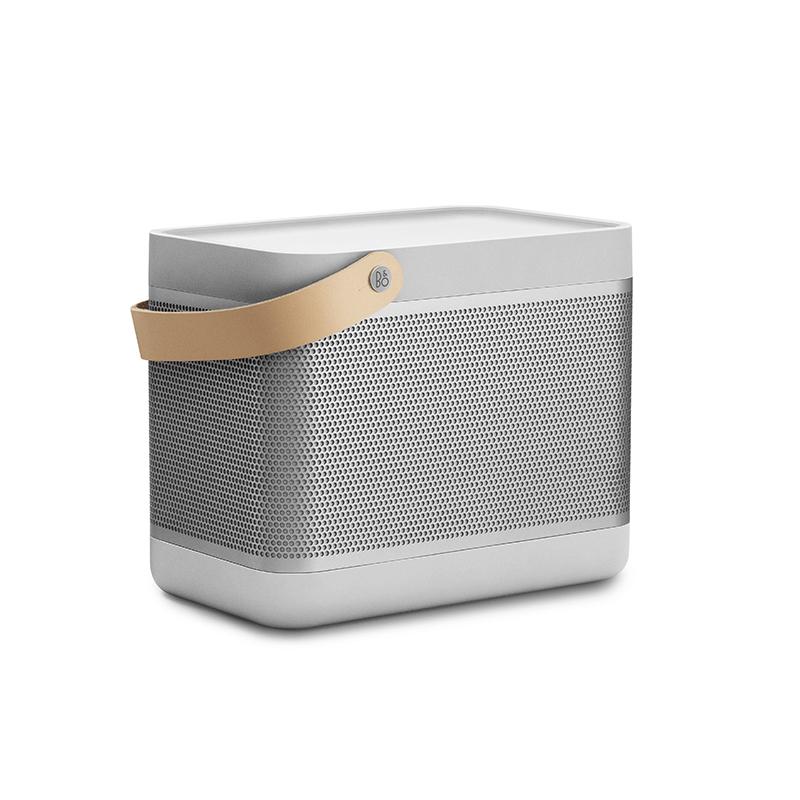


An audio power amplifier (or power amp) is an electronic amplifier that amplifies low-power electronic audio signals such as the signal from radio receiver or electric guitar pickup to a level that is high enough for driving loudspeakers or headphones.
Audio power amplifiers are found in all manner of sound systems including sound reinforcement, public address and home audio systems and musical instrument amplifiers like guitar amplifiers. It is the final electronic stage in a typical audio playback chain before the signal is sent to the loudspeakers. The preceding stages in such a chain are low power audio amplifiers which perform tasks like pre-amplification of the signal (this is particularly associated with record turntable signals, microphone signals and electric instrument signals from pickups, such as the electric guitar and electric bass), equalization (e.g., adjusting the bass and treble), tone controls, mixing different input signals or adding electronic effects such as reverb.
The inputs can also be any number of audio sources like record players, CD players, digital audio players and cassette players. Most audio power amplifiers require these low-level inputs, which are line level. While the input signal to an audio power amplifier, such as the signal from an electric guitar, may measure only a few hundred microwatts, its output may be a few watts for small consumer electronics devices, such as clock radios, tens or hundreds of watts for a home stereo system, several thousand watts for a nightclub's sound system or tens of thousands of watts for a large rock concert sound reinforcement system.
While power amplifiers are available in standalone units, typically aimed at the hi-fi audiophile market (a niche market) of audio enthusiasts and sound reinforcement system professionals, most consumer electronics sound products, such as clock radios, boom boxes and televisions have relatively small power amplifiers that are integrated inside the chassis of the main product.
While there isn't a law requiring ecommerce stores to have a Return Policy, you may need one if you wish to enforce your terms and parameters of returns and refunds.
For example, in the state of New York, if a retailer does not provide a Return & Refund Policy, the retailer will be required to accept returns and give refunds for all merchandise returned within 30 days of purchase. If you wish to limit this in any way, you will need to create and post a Return Policy with your own custom terms.
Another reason for having a Return Policy even if not required by law is that most consumers prefer to shop at retailers with a clearly-posted Return Policy. This is especially important when shopping online, as more issues are likely when purchasing something without being able to see it in person first.
If you don't have a Return Policy, you may be at the mercy of state laws regulating return and refund time frames. You may also lose potential customers who are concerned about not being able to return a product if they need or want to.
WorldWide
Guarantee
Payment
Policy






